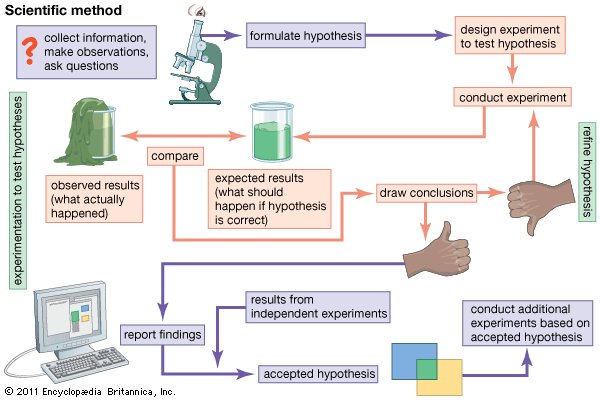The reason you trust journalists and scientists at reputable institutions is because they have a set of standards and peer systems to maintain balance and trustworthiness in reporting.
If your other option for news is a second, third, or fourth hand shared social media post, then you ethically must exercise the same standards of verification as journalists and scientists of reputable institutions if you intend to inform your friends and family with the information you have come across.
Journalistic Standards and Ethics
– Take responsibility for the accuracy of their work. Verify information before releasing it. Use original sources whenever possible.
– Remember that neither speed nor format excuses inaccuracy.
– Provide context. Take special care not to misrepresent or oversimplify in promoting, previewing or summarizing a story.
– Gather, update and correct information throughout the life of a news story.
– Be cautious when making promises, but keep the promises they make.
– Identify sources clearly. The public is entitled to as much information as possible to judge the reliability and motivations of sources.
– Consider sources’ motives before promising anonymity. Reserve anonymity for sources who may face danger, retribution or other harm, and have information that cannot be obtained elsewhere. Explain why anonymity was granted.
– Diligently seek subjects of news coverage to allow them to respond to criticism or allegations of wrongdoing.
– Avoid undercover or other surreptitious methods of gathering information unless traditional, open methods will not yield information vital to the public.
– Be vigilant and courageous about holding those with power accountable. Give voice to the voiceless.
– Support the open and civil exchange of views, even views they find repugnant.
– Recognize a special obligation to serve as watchdogs over public affairs and government. Seek to ensure that the public’s business is conducted in the open, and that public records are open to all.
– Provide access to source material when it is relevant and appropriate.
– Boldly tell the story of the diversity and magnitude of the human experience. Seek sources whose voices we seldom hear.
– Avoid stereotyping. Journalists should examine the ways their values and experiences may shape their reporting.
– Label advocacy and commentary.
– Never deliberately distort facts or context, including visual information. Clearly label illustrations and re-enactments.
– Never plagiarize. Always attribute.
https://www.spj.org/ethicscode.asp
Scientific Method, Peer Review, and Replicability
THE WHOLE REASON WE HAVE ANYTHING TODAY. Think of anything more complex than a sharp stick and you can attribute the very basic steps that led to that technology’s existence to the scientific method. For more history about the scientific method check out Stanford’s article here: https://plato.stanford.edu/entries/scientific-method/.
Scientific Method:

Peer Review:
Peer review and publication are time-consuming, frequently involving more than a year between submission and publication. The process is also highly competitive. For example, the highly-regarded journal Science accepts less than 8% of the articles it receives, and The New England Journal of Medicine publishes just 6% of its submissions.
https://undsci.berkeley.edu/article/howscienceworks_16
Replicability:
Scientists aim for their studies’ findings to be replicable — so that, for example, an experiment testing ideas about the attraction between electrons and protons should yield the same results when repeated in different labs. Similarly, two different researchers studying the same dinosaur bone in the same way should come to the same conclusions regarding its measurements and composition. This goal of replicability makes sense. After all, science aims to reconstruct the unchanging rules by which the universe operates, and those same rules apply, 24 hours a day, seven days a week, from Sweden to Saturn, regardless of who is studying them. If a finding can’t be replicated, it suggests that our current understanding of the study system or our methods of testing are insufficient.
https://undsci.berkeley.edu/article/0_0_0/howscienceworks_17
To be an informed person you can use the same tools and methods professionals use.
To shortcut that process you can trust reputable professionals to do it, while looking up their sources and methods.
